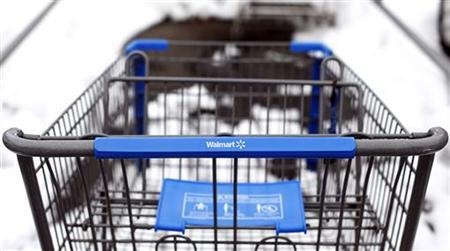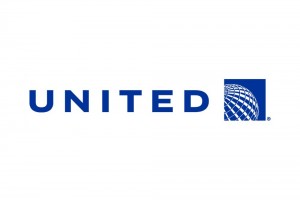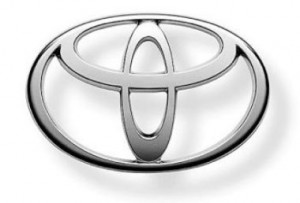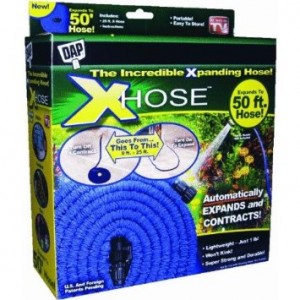 Top Class Action Lawsuits
Top Class Action Lawsuits
Taxing Trip to Wal-mart? Wal-Mart’s made our list this week—this time it’s a breach of contract class action, alleging the discount retailer shortchanged customers over four years with respect to sales tax, is seeking certification. The lawsuit claims Wal-Mart defrauded its customers by as much as $9 million.
Filed in 2014, the Wal-Mart complaint specifically alleges that the retailer incorrectly applied lower sales tax rates to consumer returns. Plaintiffs are contending that Wal-Mart violated the terms of its sales agreement by refunding its customers less than the purchase price.
The lawsuit claims that an analysis done by Wal-Mart showed that there were nearly 20 million returns to stores with lower sales tax rates from 2007-09. During that time, the retailer used a flawed formula to recalculate how much customers spent, based on the sales tax of the store where the return was processed. The complaint alleges that Wal-Mart should have looked up how much customers paid for the items in the stores where they were purchased.
“Because the plaintiffs’ claims meet the requirements of Rule 23, and the representatives class counsel demonstrated the capacity to adequately represent the class, the court should certify the class and appoint the attorneys as class counsel,” plaintiffs Shaun Brandewie and John Newbrough state in the motion for certification. Both plaintiffs made several purchases at Wal-Mart, returned them to other locations, and were not refunded their full return. All of the discrepancies described in the complaint are for less than $1.
According to the motion for certification, the class is readily discernable because it includes anybody who purchased an item at Wal-Mart and was refunded an amount less than what they paid. Wal-Mart tracks sales and return data such that the amounts paid for items and the amounts refunded are easily ascertainable, the motion said. Hey—every penny adds up…
Defend this, Conesys… Conesys Inc, an aerospace and defense electronics parts manufacturer, is facing a potential unpaid wages and overtime class action lawsuit filed by employees who allege the company fails to pay them overtime or compensate them for meal and rest breaks.
Filed in California state court, on behalf of plaintiff Rafael A. Lozano, a machine operator at AEC, the Conesys lawsuit claims that for at least four years had a “consistent” policy of failing to pay all wages owing to their California-based employees, as well as failing to provide meal and rest breaks required under California labor law.
“As a result of the defendants’ unlawful conduct, plaintiffs and other members of the…class have suffered damages in an amount subject to proof, to the extent that they were not paid for all wages earned,” the lawsuit states.
Torrance, California-based Conesys, based in Torrence, CA, has over 1,000 workers worldwide, including several facilities located in Torrance. The lawsuit alleges that in California, the company unevenly rounds out the amount of time employees’ work, which denies them compensation for any time worked beyond that of eight hours per day or 40 hours per week.
Additionally, the lawsuit states that Conesys’ corporate practice of rounding out hours worked has resulted in its employees being issued with inaccurate wage statements, and, in some cases, being effectively paid below minimum wage.
Further, the complaint also states that Conesys failed to provide the necessary breaks, which in California requires employers to provide a short, paid rest break for shifts of at least four hours, and at least one uninterrupted 30-minute meal break when employees work a shift of more than five hours, and two, if the shift runs for longer than 10 hours.
The plaintiff is asking for compensation for missed pay for himself and other employees allegedly shortchanged by Conesys going back up to four years, as well as penalties against the company and “reasonable” attorneys’ fees and costs.
The case is Lozano et al. v. Conesys Inc. et al., case number BC570320, in the Superior Court of the State of California, County of Los Angeles.
Top Settlements
Here’s a Happy Ending. The fast food chain Wendy’s has reached a proposed settlement in a pending discrimination class action lawsuit. The complaint maintains that Wendy’s Pittsburgh-area restaurants have architectural barriers that limit access to wheelchair-bound individuals, a violation of the Americans with Disabilities Act (ADA).
Plaintiff Christopher Mielo and Wendy’s reportedly reached the settlement on January 26th. Meilo, a mobility disabled man who regularly used a wheelchair to get around, filed the lawsuit in 2014, alleging that within the Pittsburgh area 17 Wendy’s restaurants had excessively sloped parking spaces and access aisles, accessibility barriers that make it difficult for wheelchair users to access the restaurant’s facilities independently. According to the lawsuit, these accessibility barriers are a violation of the ADA.
The lawsuit states, “The architectural barriers described above demonstrate that defendant’s facilities were not altered, designed or constructed in a manner that causes them to be readily accessible to and usable by individuals who use wheelchairs.”
Under the terms of the settlement, Wendy’s would be required to remove the alleged architectural barriers in order to come into compliance with ADA standards and requirements. More specific terms have not been made public.
The Wendy’s Wheelchair Access Class Action Lawsuit is Christopher Mielo v. Wendy’s Old Fashioned Hamburgers of New York Inc., Case No. 2:14-cv-00893, in the U.S. District Court for the Western District of Pennsylvania.
Hokee Dokee—That’s a wrap folks…Time to adjourn for the week. See you at the Bar!




